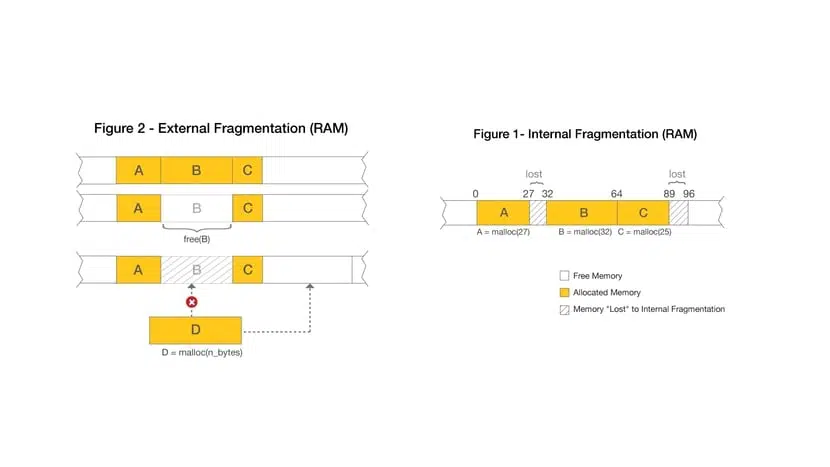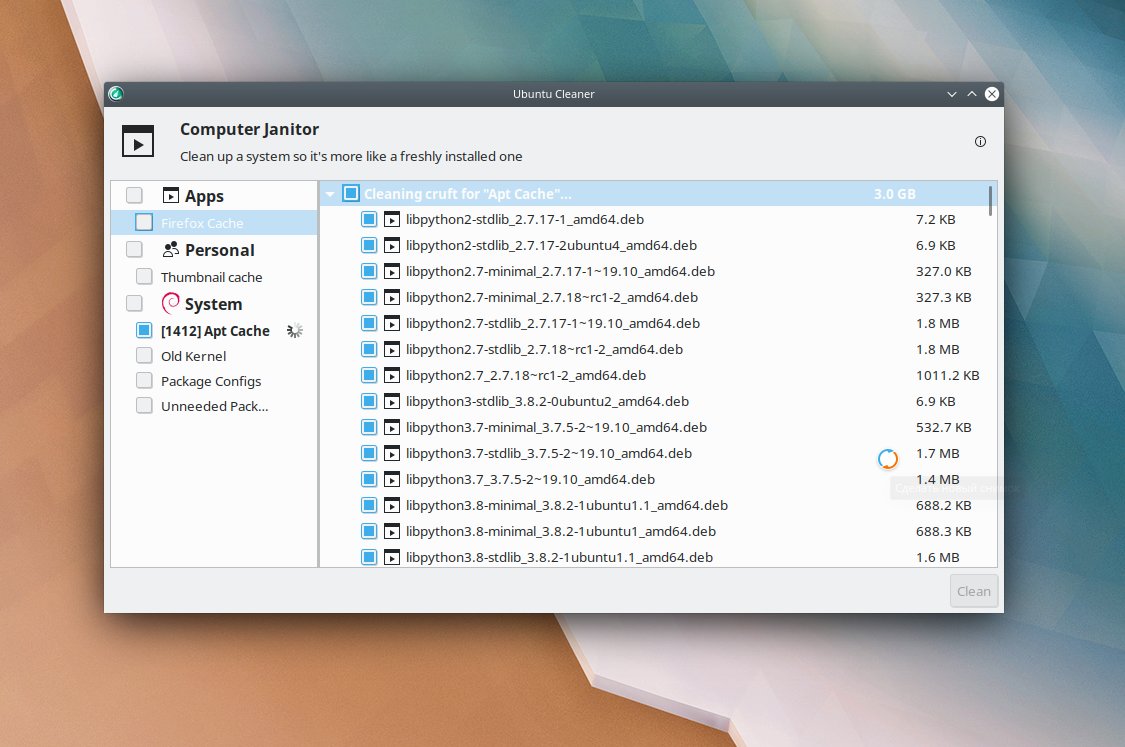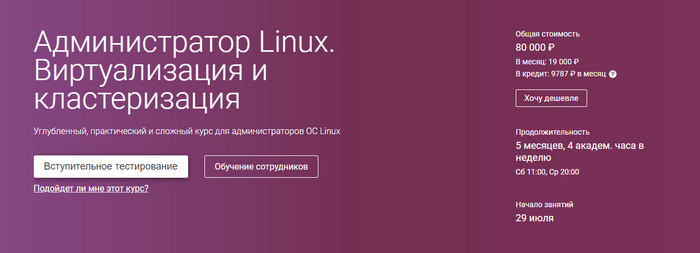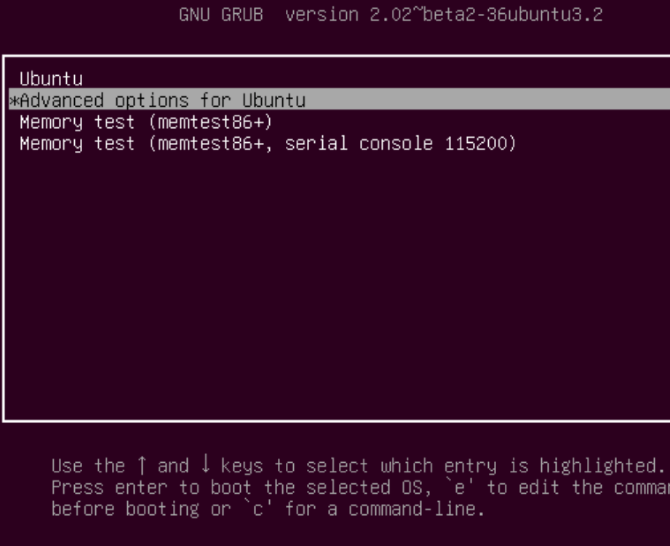Download Windows 10
Before updating, please refer to the Windows release information status for known issues to confirm your device is not impacted.
Windows 10 October 2020 Update
The Update Assistant can help you update to the latest version of Windows 10. To get started, click Update now.
Create Windows 10 installation media
To get started, you will first need to have a license to install Windows 10. You can then download and run the media creation tool. For more information on how to use the tool, see the instructions below.
Here’s when to use these instructions:
- You have a license to install Windows 10 and are upgrading this PC from Windows 7 or Windows 8.1.
- You need to reinstall Windows 10 on a PC you’ve already successfully activated Windows 10.
If you are installing Windows 10 on a PC running Windows XP or Windows Vista, or if you need to create installation media to install Windows 10 on a different PC, see Using the tool to create installation media (USB flash drive, DVD, or ISO file) to install Windows 10 on a different PC section below.
Note: Before you install Windows 10, check to make sure your PC meets the system requirements for Windows 10. We also recommend going to the PC manufacturer’s website for any additional info about updated drivers and hardware compatibility.
- Select Download tool, and select Run. You need to be an administrator to run this tool.
- On the License terms page, if you accept the license terms, select Accept.
- On the What do you want to do? page, select Upgrade this PC now, and then select Next.
After downloading and installing, the tool will walk you through how to set up Windows 10 on your PC. All Windows 10 editions are available when you select Windows 10, except for Enterprise edition. For more information on Enterprise edition, go to the Volume Licensing Service Center.
- If you don’t have a license to install Windows 10 and have not yet previously upgraded to it, you can purchase a copy here: https://www.microsoft.com/en-us/windows/get-windows-10.
- If you previously upgraded to Windows 10 on this PC and you’re reinstalling it, you don’t need to enter a product key. Your copy of Windows 10 will automatically activate later using your digital license.
Follow these steps to create installation media (USB flash drive or DVD) you can use to install a new copy of Windows 10, perform a clean installation, or reinstall Windows 10.
Before you download the tool make sure you have:
- An internet connection (internet service provider fees may apply).
- Sufficient data storage available on a computer, USB or external drive for the download.
- A blank USB flash drive with at least 8GB of space or blank DVD (and DVD burner) if you want to create media. We recommend using a blank USB or blank DVD, because any content on it will be deleted.
- When burning a DVD from an ISO file, if you are told the disc image file is too large you will need to use Dual Layer (DL) DVD Media.
Check a few things on the PC where you want to install Windows 10:
- 64-bit or 32-bit processor (CPU). You’ll create either a 64-bit or 32-bit version of Windows 10. To check this on your PC, go to PC info in PC settings or System in Control Panel, and look for System type.
- System requirements. Make sure the PC meets the system requirements for Windows 10. We also recommend going to the PC manufacturer’s website for additional info about updated drivers and hardware compatibility.
- Language in Windows. You’ll need to choose the same language when you install Windows 10. To see what language you’re currently using, go to Time and language in PC settings or Region in Control Panel.
- Edition of Windows. You should also choose the same edition of Windows. To check what edition you’re currently running, go to PC info in PC settings or System in Control Panel, and look for Windows edition. Windows 10 Enterprise isn’t available in the media creation tool. For more info, go to the Volume Licensing Service Center.
- Microsoft Office products. If you just purchased a new device that includes Office 365, we recommend redeeming (installing) Office before upgrading to Windows 10. To redeem your copy of Office, please see Download and install Office 365 Home, Personal, or University on your PC. For more information, check How to upgrade to Windows 10 on new devices that include Office 365.
If you have Office 2010 or earlier and choose to perform a clean install of Windows 10, you will need to locate your Office product key. For tips on locating your product key, check Find your Office 2010 product key or Enter the product key for your Office 2007 program.
Using the tool to create installation media:
- Select Download tool now, and select Run. You need to be an administrator to run this tool.
- If you agree to the license terms, select Accept.
- On the What do you want to do? page, select Create installation media for another PC, and then select Next.
Select the language, edition, and architecture (64-bit or 32-bit) for Windows 10. This table will help you decide which edition of Windows 10 you’ll choose:
| Your current edition of Windows | Windows 10 edition |
|---|---|
| Windows 7 Starter Windows 7 Home Basic Windows 7 Home Premium Windows 7 Professional Windows 7 Ultimate Windows 8/8.1 Windows 8.1 with Bing Windows 8 Pro Windows 8.1 Pro Windows 8/8.1 Professional with Media Center Windows 8/8.1 Single Language Windows 8 Single Language with Bing Windows 10 Home Windows 10 Pro | Windows 10 |
| Windows 8/8.1 Chinese Language Edition Windows 8 Chinese Language Edition with Bing | Windows 10 Home China |
- USB flash drive. Attach a blank USB flash drive with at least 8GB of space. Any content on the flash drive will be deleted.
- ISO file. Save an ISO file to your PC, which you can use to create a DVD. After the file is downloaded, you can go to location where the file is saved, or select Open DVD burner, and follow the instructions to burn the file to a DVD. For more info about using an ISO file, see Additional methods for using the ISO file to install Windows 10 section below.
After completing the steps to install Windows 10, please check that you have all the necessary device drivers installed. To check for updates now, select the Start button, and then go to Settings > Update & Security > Windows Update, and select Check for updates. You may also wish to visit your device manufacturer’s support site for any additional drivers that may be needed.
Note: Drivers for Surface devices may be found on the Download drivers and firmware for Surface page.
Before you install Windows 10, it’s a good idea to save any work and back up your PC before you start. If you used the media creation tool to download an ISO file for Windows 10, you’ll need to burn it to a DVD before following these steps.
- Attach the USB flash drive or insert the DVD on the PC where you want to install Windows 10.
- Restart your PC.
If your PC does not automatically boot to the USB or DVD media, you might have to open a boot menu or change the boot order in your PC’s BIOS or UEFI settings. To open a boot menu or change the boot order, you’ll typically need to press a key (such as F2, F12, Delete, or Esc) immediately after you turn on your PC. For instructions on accessing the boot menu or changing the boot order for your PC, check the documentation that came with your PC or go to the manufacturer’s website. If you do not see the USB or DVD media device listed within the boot options, you may need to reach out to the PC manufacturer for instructions for temporarily disabling Secure Boot in your BIOS settings.
If changing the boot menu or order doesn’t work, and your PC immediately boots into the OS you want to replace, it is possible the PC had not fully shut down. To ensure the PC fully shuts down, select the power button on the sign-in screen or on the Start menu and select Shut down.
If you downloaded an ISO file for Windows 10, the file is saved locally at the location you selected. If you have a third-party DVD burning program installed on your computer that you prefer to use for creating the installation DVD, that program might open by going to the location where the file is saved and double-clicking the ISO file, or right-click the ISO file, select Open with and choose your preferred DVD burning software.
If you want to use the Windows Disk Image Burner to create an installation DVD, go to the location where the ISO file is saved. Right-click the ISO file and select Properties. On the General tab, click Change and select Windows Explorer for the program you would like to use to open ISO files and select Apply. Then right-click the ISO file and select Burn disc image.
If you want to install Windows 10 directly from the ISO file without using a DVD or flash drive, you can do so by mounting the ISO file. This will perform an upgrade of your current operating system to Windows 10.
Windows 10 Pro ISO 64 Bit
Download
Kostenlos
Windows 10 Pro ISO 64 Bit
- Kostenlose Demo
- Sicherer CHIP-Installer ?
Manuelle Installation
Vollversion
Windows 10 Bundles
Jetzt 30% gГјnstiger mit Code «CHIP30»
| CHIP-Bewertung Sehr gut |
Kompatibel mit Windows 10
UNSERE SHOPPING-GUTSCHEINE
TUI-Gutscheine & Rabatte
Misterspex-Gutscheine
OTTO-Gutscheine
Alternate-Gutscheine & Rabattcodes
Congstar-Gutscheine & Deals
Schnell, schick und effizient: Windows 10 ist mein Lieblings-Betriebssystem.
Vorteile
Beschreibung
Die CHIP Redaktion sagt:
Hier erhalten Sie die Windows 10 ISO, in der 64-Bit Pro-Version, zum kostenlosen Download. Mit dabei: Das aktuellste Windows 10 Oktober Update 2020.

Windows 10 Pro — 64-Bit-ISO jetzt laden
Windows 10 ist der Nachfolger des ungeliebten Windows 8.1 und soll dessen Fehler ausbügeln: Mit der Rückkehr des Startmenüs, einem neuen Browser und vollem Fokus auf den Desktop hofft Microsoft, die User klassischer Geräte ohne Touchscreen wieder von Windows überzeugen zu können. Wir nennen die wichtigsten Gründe, warum Windows 10 das beste Windows aller Zeiten wird:
Microsoft investiert wieder in den Desktop
In Windows 8 fokussierte Microsoft alle Ressourcen auf den Startbildschirm — in der Angst, bald nur noch Tablets statt Desktop-Rechner auf dem Markt vorzufinden. Doch die TabletverkГ¤ufe stagnieren, wГ¤hrend die meisten User immer noch auf Desktops und Notebooks arbeiten. Erst die massive Kritik der User und der schlechte Marktanteil von Windows 8 haben Microsoft daran erinnert, dass beide OberflГ¤chen wichtig sind. Und jetzt wird aufgerГјstet: Microsoft Edge beerbt den Internet Explorer, Cortana dient als digitale Assistentin und DirectX 12 macht Games noch performanter.
Auch Microsoft baut ein Universum auf
. endlich! Während Google und Apple ihre Geräte immer ausgefeilter vernetzen und den Usern damit wenig Anlass zum Wechseln geben, verhalten sich Microsoft-Geräte bislang wenig kooperativ. Mit Universal Apps, die nur einmal programmiert werden müssen und sowohl auf PCs und Notebooks als auch Tablets, Smartphones und der Xbox laufen, baut nun auch Microsoft ein durchdachtes Ökosystem auf. Durch die Lauffähigkeit der Apps auf allen Plattformen dürfte der Windows Store endlich zu Google und Apple aufholen.
Lässt sich Windows 10 ISO ohne Tool laden?
Ja, in diesem Download steckt die ISO-Datei der aktuellen Windows 10-Version, die Sie direkt laden können. Ein Umweg über das Media Creation Tool oder andere Helfer ist nicht nötig.
Wie kriege ich das Windows 10 ISO auf einen USB-Stick?
Dafür gibt es verschiedene Möglichkeiten. Gute Erfahrung haben wir mit dem Gratis-Tool Rufus gemacht.
Steckt im Download die ISO-Datei von Windows 10 Home oder Windows 10 Pro?
Sowohl als auch, dieser Download enthält die 64 Bit Version von Windows 10, je nach eingesetztem Produktschlüssel lässt sich damit sowohl die Home-Version wie auch die Pro-Variante nutzen.
Ist das Windows 10 ISO kostenlos?
Ja, der Download der Windows 10 ISO-Datei selbst ist kostenlos. Jedoch brauchen Sie zum Einsatz von Windows 10 eine gültige Lizenz. Nach Kauf einer Lizenz erhalten Sie einen Lizenzschlüssel, mit dem Sie Windows 10 aktivieren und dann auch nutzen können. Übrigens können Nutzer von Windows 7 oder Windows 8.1 nach wie vor kostenlos auf Windows 10 updaten. Der Setup-Assistent von Windows 10 akzeptiert auch Keys für Windows 7 und 8.1 zur Aktivierung.
Muss ich Windows 10 zwingend Гјber die ISO-Datei installieren?
Nicht in jedem Fall, aber eine Neuinstallation erfordert einen Datenträger, etwa einen USB-Stick mit den Installationsdateien von Windows 10. Die sticken in der ISO-Datei. Bei Update-Installationen gibt es andere Wege, etwa das eingebaute Windows-Update oder den Windows 10 Update Assistenten. Auch über das Media Creation Tooll können Sie ein Update von Windows 10 einspielen.
Letzte Г„nderungen
CHIP Fazit
Wir empfehlen definitiv den Umstieg von älteren Betriebssystemen auf das hier erhältliche Windows 10 in der aktuellsten Version.










